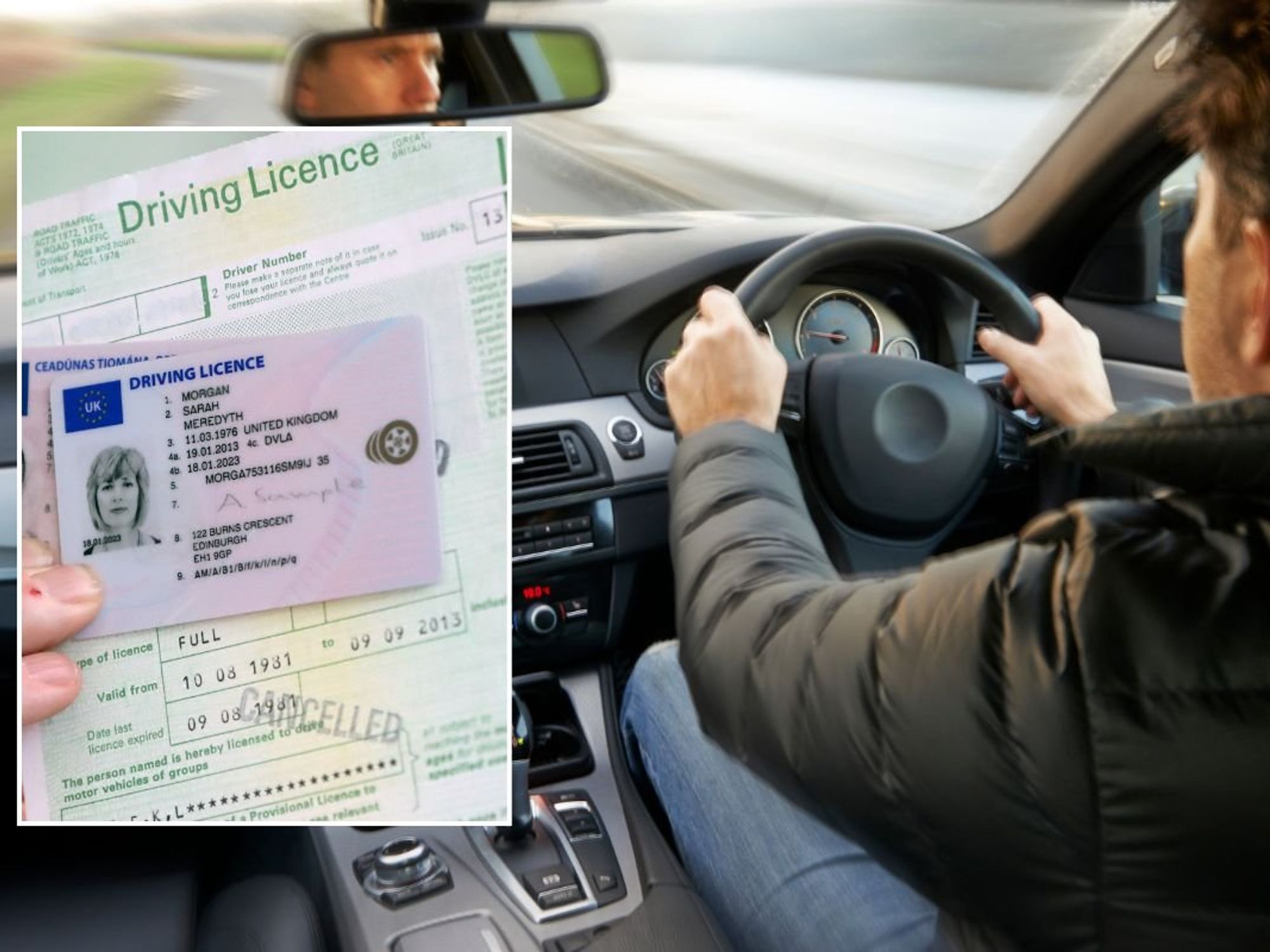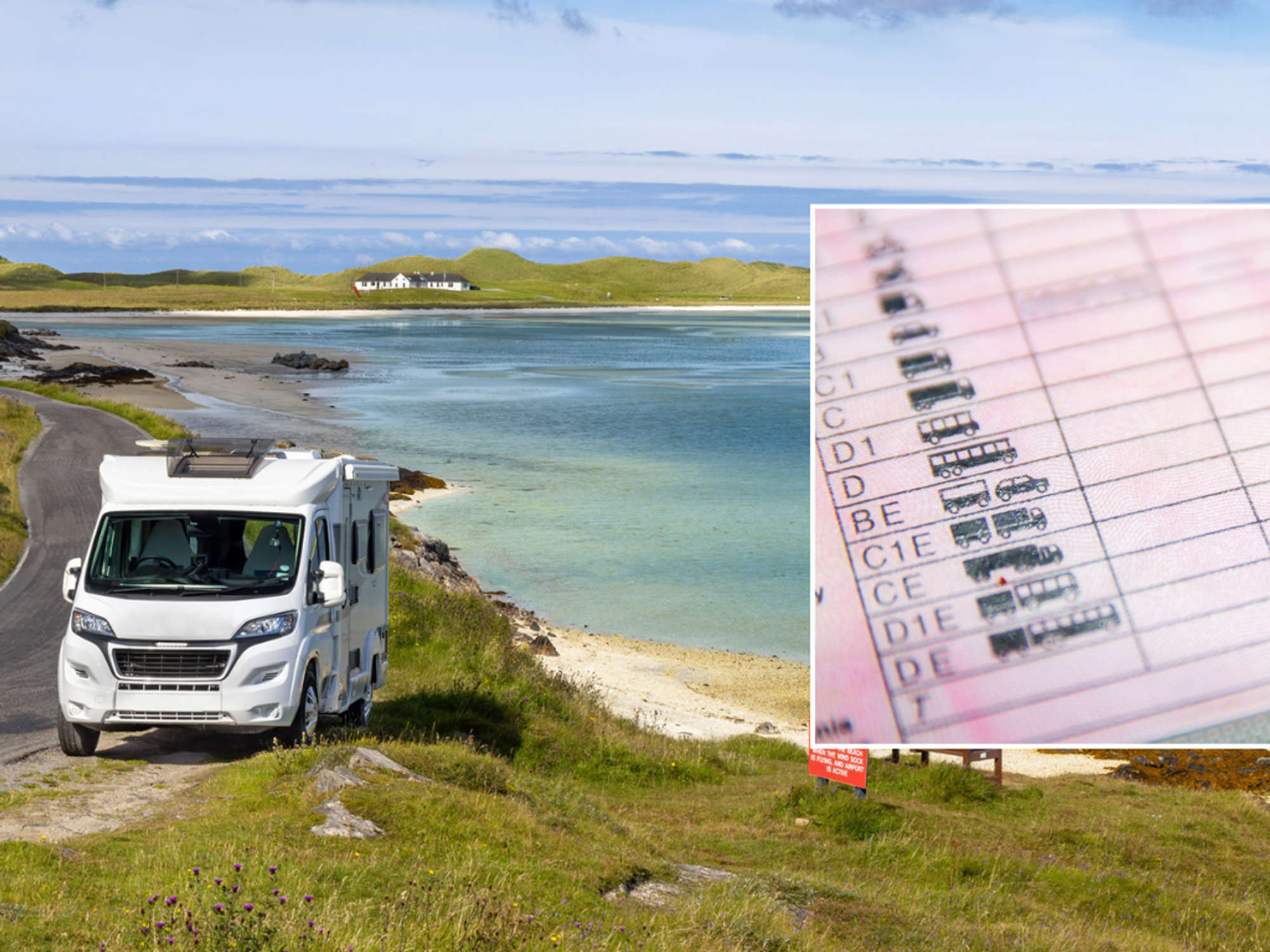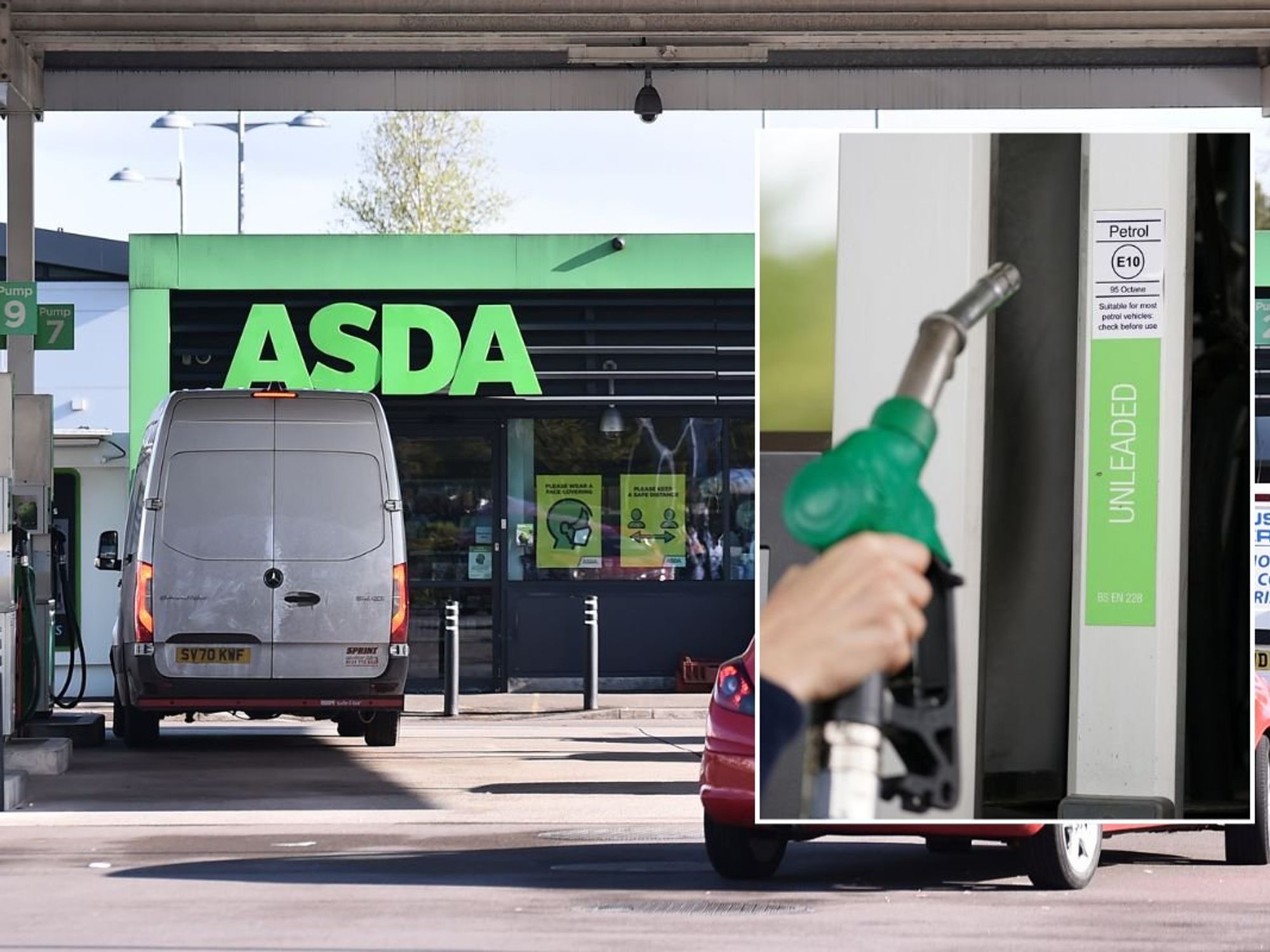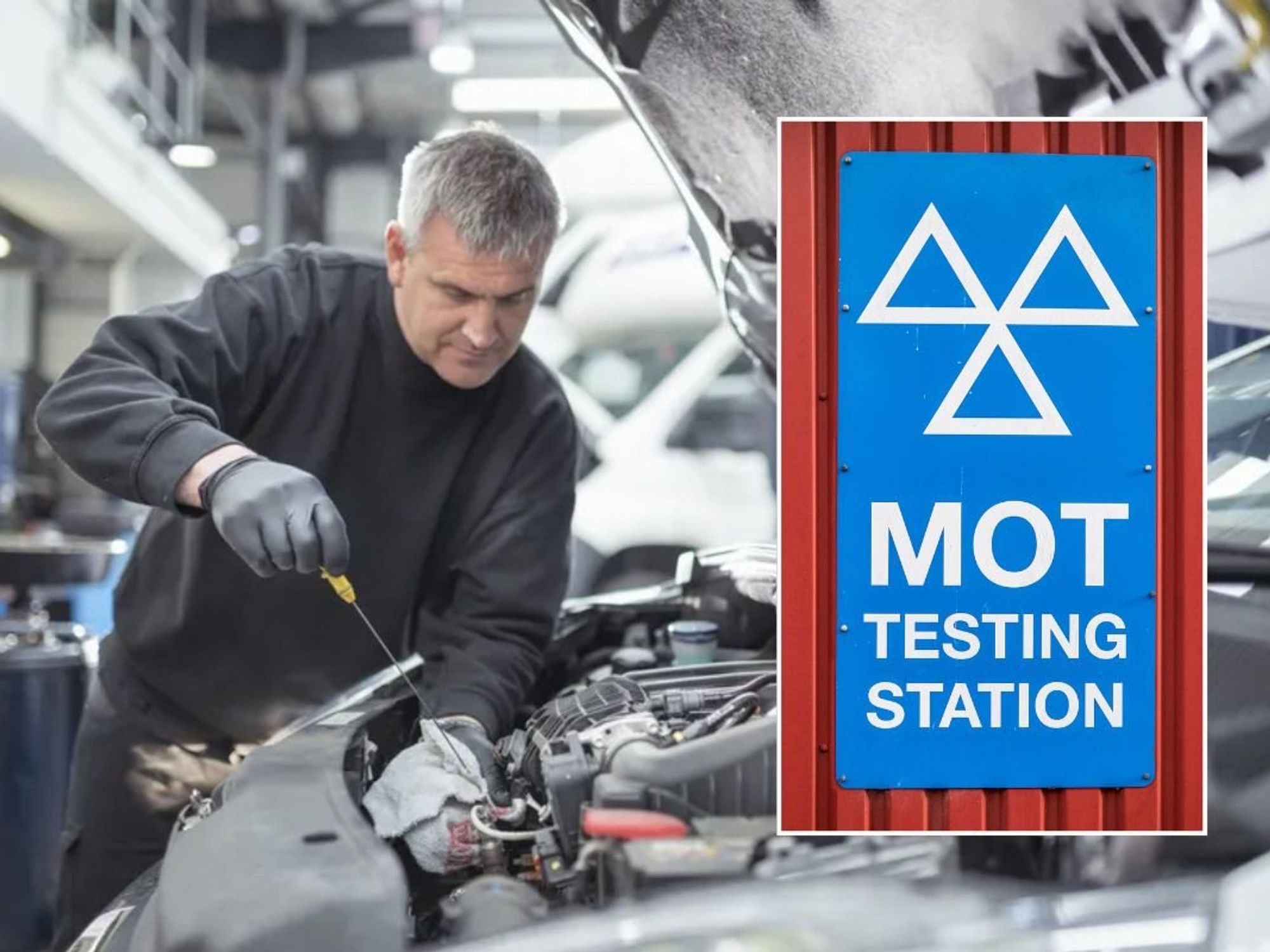Santander issues urgent warning to drivers with rise in Facebook car scams - are you at risk?

Data shows that 440 customers have fallen victim to Facebook car scams in the past year
|GETTY

Almost half a million pounds has been lost to car scams on Facebook this year alone
Don't Miss
Most Read
Fraudsters are using Facebook to scam drivers out of thousands of pounds with the number of scams almost doubling in the last year alone.
Criminals are using the social media marketplace to publish stolen photos and videos of genuine vehicles to advertise cars they do not own and are not able to sell.
The scammers can then use stolen photos and videos, which can often look professional, to convince potential buyers to purchase the vehicle.
Once a motorist has registered interest in the vehicle and sent funds over, the criminals will then ignore them, block them or even delete their account.
Earlier in November, Santander fraud investigators found 25 “sellers” posting 4,000 fake adverts on Facebook Marketplace in just 30 minutes.
Data shows that 440 customers have fallen victim to Facebook car scams in the past year, which is an increase of 87 per cent compared to the previous year.
Almost half a million pounds (£479,964) has been lost to fraud on Facebook this year alone, with Santander seeing an even steeper rise compared to last year, up 93 per cent.
People aged between 18 and 25 are the most likely to fall victim to Facebook car scams, representing one-fifth of all victims.
Elderly drivers are the second-most likely age group to get conned on the social network, accounting for 14 per cent of all cases.
While they do not account for the most at-risk of being scammed, over 60s lost the largest sums of money, with the average claim being made for £1,564 – more than double the average last year.
Chris Ainsley, Head of Fraud Risk Management at Santander said: “Scammers are stealing hundreds of thousands of pounds from people falling foul of car scams on online marketplaces.
“But people can help put the brakes on these scams by learning the telltale signs of fake listings and doing due diligence before transferring any funds.
“For this particular type of scam the single best thing anybody can do to protect their money is to not transfer any funds until the vehicle is in their possession and they have seen it in person.”
Santander is now urging people to become more aware of the scams and protect themselves from losing hundreds or potentially even thousands of pounds.
Photos and videos do not prove that the vehicle exists, with potential buyers urged to see the vehicle in person before sending any money or promising to buy it.
Motorists are also advised to follow the Government’s guidance when purchasing a car which includes completing a HPI vehicle check.
These checks can provide people with information about the vehicle including if it has been stolen or written off as well as its MOT history and valuation.
Santander has also instructed Britons to only buy from reputable sites and check the validity of these services before proceeding with a transaction.
LATEST DEVELOPMENTS:

The rise in Facebook car scams has almost doubled in the last year
|PA
Scammers can also be caught out by looking at their reviews, with potential buyers looking to invest in a new vehicle being able to see their previous sales history and what feedback other people have given them.
This should be done across a number of review websites to rule out any fake reviews left by the criminals selling the cars.










